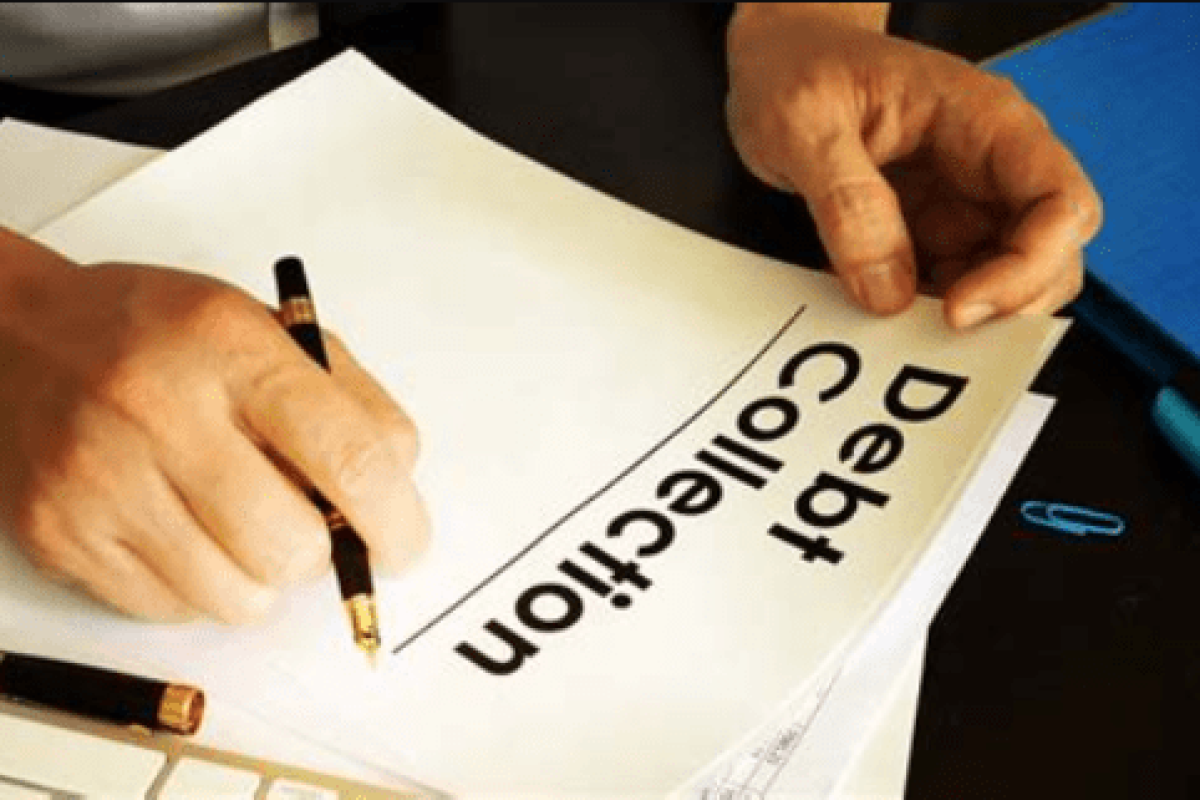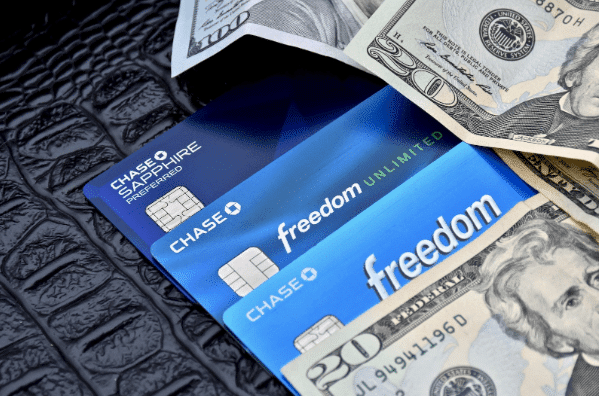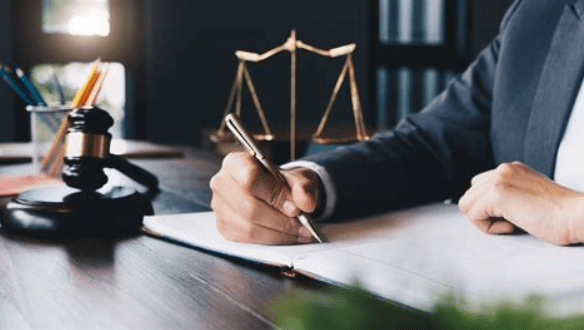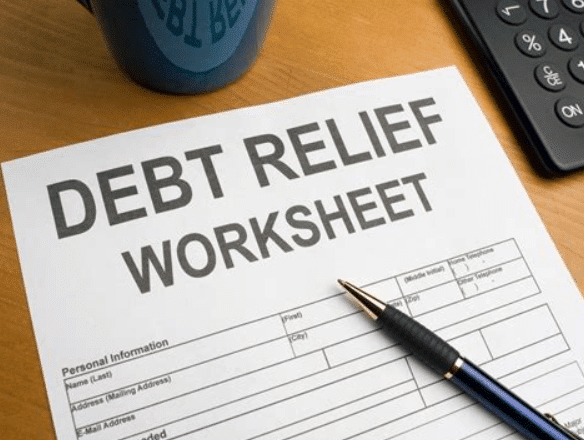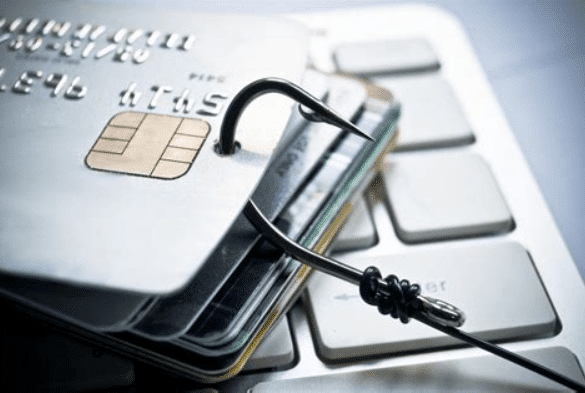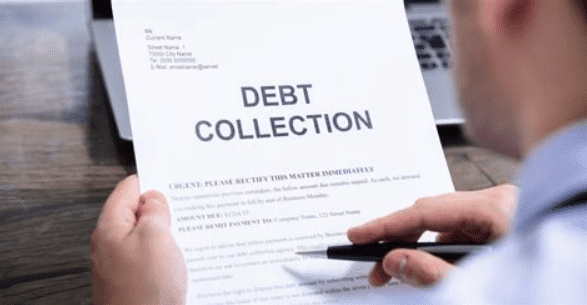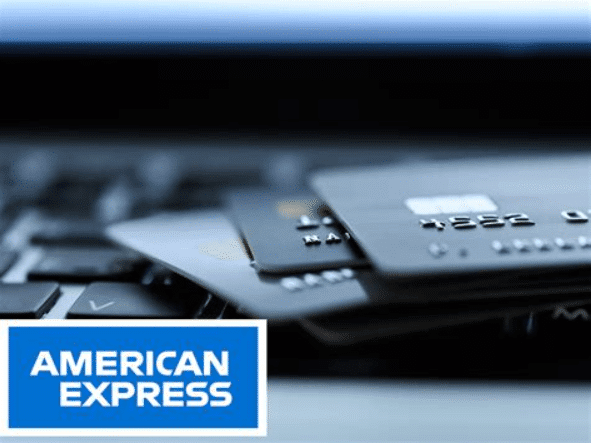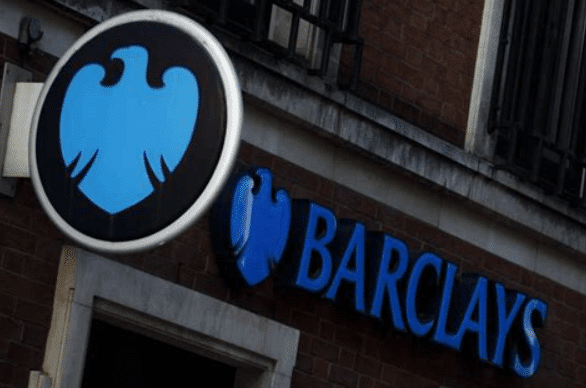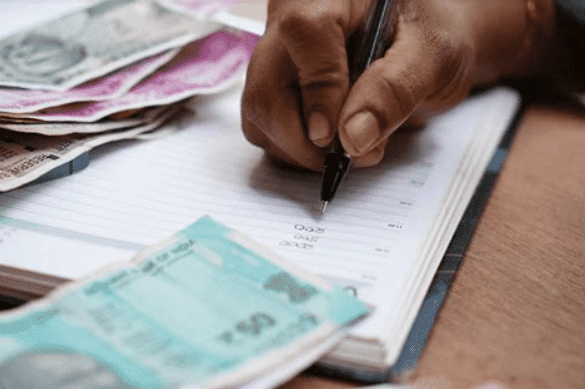If your account hasn’t been sold to a debt collection agency yet, you still have the opportunity to settle your debt directly with the original creditor. Even if the debt has been transferred to collections, it’s not necessarily too late to negotiate with your creditor and resolve the debt once and for all. ZumaZip.com offers assistance in settling debts when you feel overwhelmed by your financial situation.
In situations where circumstances have led to falling behind on payments, it’s understandable to feel overwhelmed. While facing persistent calls from debt collectors, you may wonder if it’s possible to address your debt directly with the original creditor.
Navigating the complexities of debt collection can be daunting, especially without the right knowledge. Debt collectors operate within a framework that can be unfamiliar to most individuals. Let’s explore whether paying your debt collector is necessary or if there’s an option to settle directly with your original creditor.
Use ZumaZip to respond to debt collectors in under 4 minutes.
Can I pay my original creditor instead of a debt collection agency?
They say that money makes the world go ‘round. That paradigm holds especially true in the US where our economy essentially runs on debt. As of 2022, about $15.84 trillion of consumer debt exists in the US. The average American uses debt to buy cars, homes, and even groceries.
Given those numbers, it’s not surprising that at least 1 in 3 Americans have a debt in collections. So don’t be ashamed. You’re not alone.
When a borrower misses several payments, their debt typically enters the collections process. At this stage, the original lender may find it challenging to locate the borrower or may consider it financially impractical to pursue further.
To recover some of their losses, the original lender has two main options: they can either enlist a third-party agency to collect the debt on their behalf or opt to sell the debt outright. In either case, the original lender relinquishes control over the debt.
Entering collections can lead to significant consequences for the borrower. It can severely impact their credit score and subject them to persistent harassment from collectors seeking payment. If left unresolved, the collector may resort to legal action to reclaim the debt.
Even after a debt has been placed into collections, there’s still a possibility of negotiating directly with the original creditor instead of the agency. Initiating contact with the creditor’s customer service department allows you to explain your situation and potentially arrange a payment plan. If successful, the creditor may reclaim the debt from the collector, enabling you to work directly with them.
It’s important to note that there’s no legal obligation for the original creditor to accept your proposal. Acting swiftly is crucial, as creditors are often most receptive to negotiations before additional expenses accrue, typically within the first six months after your debt enters collections.
Furthermore, settling the debt with the original creditor, either in full or partially, can result in the removal of the debt from collections status.
If a creditor sells a debt, are you obligated to pay?
It’s true that your obligation to repay a debt remains even if the original creditor sells it to a collection agency. As long as you entered into a legal agreement to repay the loan, the ownership transfer does not absolve you of your responsibility.
However, there is room for negotiation regarding the amount owed. The original creditor may be willing to accept a reduced payment to recoup some of their losses, as their primary goal is to recover funds from the debt. Compared to collection agencies, original creditors are often more receptive to negotiation.
This presents an opportunity for you to negotiate a lower payment amount. By leveraging the fact that the original creditor is seeking to recover some portion of the debt, you may be able to settle for less than the full amount owed. Payment arrangements can typically be made in a lump sum or through smaller monthly installments.
Before proceeding with payment to the original creditor, it’s essential to confirm that they still retain ownership rights to the debt. If they have sold the debt outright to a collector, negotiating with the original creditor may not be an option, and you’ll need to communicate directly with the collector.
In summary, if you’re wondering whether you can settle a debt with the original creditor, the answer is yes, but it’s crucial to verify their current ownership status of the debt beforehand.
Now, let’s break down an example.
Example: Angel has found herself in a challenging financial situation, falling significantly behind on her credit card payments and accruing a $3,000 debt. As her account transitions to collections and debt collectors begin contacting her, Angel recognizes the need to take action.
Acknowledging her inability to pay off the entire debt at once, Angel proactively reaches out to her creditor to explain her circumstances. Fortunately, her creditor still retains ownership of the debt and is open to negotiating a settlement. Utilizing ZumaZip.com, Angel submits an offer to initiate negotiations.
After several rounds of offers and counteroffers, Angel and her creditor reach a settlement agreement. They agree upon a lump-sum payment totaling 70% of the original debt amount, equating to $2,100, to be paid by a specified deadline.
Through proactive communication and negotiation, Angel successfully navigates her debt situation, securing a manageable settlement arrangement with her creditor.
Should I pay a debt collection agency?
If your debt has been sold outright to a collection agency, you’re faced with a decision-making process that requires careful consideration. While it’s a common belief that paying a collection agency is never advisable, the reality is more nuanced.
When to not pay a debt collection agency
Entering collections can indeed have a significant negative impact on your credit score. Surprisingly, paying off the debt to a collection agency may not necessarily improve your credit score and could even cause it to drop further.
Paying off a debt in collections can result in a lower credit score due to the way credit scoring models evaluate different types of accounts and payment histories. In some cases, attempting to settle a debt may be viewed negatively by credit scoring algorithms.
However, there’s a crucial point to consider: negative events on your credit report, such as debt collections, typically remain on your record for seven years. Once this time period elapses, these negative marks are removed from your credit report, potentially improving your credit score.
Given this timeline, if your debt has been in collections for nearly seven years, you might choose to refrain from paying it off. Once the seven-year mark passes, the negative impact on your credit report will diminish, effectively “clearing” your credit history.
It’s essential to weigh the potential consequences and benefits of paying off a debt in collections, taking into account your specific financial situation and long-term credit goals. Consulting with a financial advisor or credit counselor can provide valuable insights tailored to your circumstances.
When to consider paying the debt collection agency
In some cases, taking proactive steps to address a recently sent debt to collections can be beneficial. If you have the means to pay off the debt and want to swiftly resolve the issue, it may be prudent to do so and move forward.
However, it’s crucial not to simply acquiesce and pay without advocating for yourself. Upon contacting the collection agency, request that they provide written confirmation of the debt discharge in exchange for your payment. This documentation is essential for ensuring clarity regarding the resolution of the debt.
Furthermore, ensure that the collection agency reports the debt settlement to the credit reporting agencies. This action helps mitigate the impact on your credit score and allows you to navigate the situation with minimal long-term repercussions.
By taking these proactive measures, you can effectively address the debt collection issue while minimizing its impact on your credit profile.
Protect your credit score with ZumaZip.com.
Indeed, settling your debt can also prevent the potential escalation to a lawsuit, which can bring about far more serious consequences than the negative impact on your credit score. Lawsuits initiated by debt collectors involve legal proceedings, requiring court appearances and extensive paperwork.
If the debt collector prevails in court, they gain various options for recovering the owed funds, which could include wage garnishment, placing liens on property, or seizing funds directly from your paycheck.
Given the considerable implications associated with a debt-related lawsuit, resolving the debt before legal action becomes necessary is often the most advisable course of action. By doing so, you can avoid the complexities and potential ramifications of a legal battle, safeguarding your financial well-being in the process.
Let’s look at another example.
Example: Kevin found himself facing a lawsuit from a debt collector due to an unpaid credit card debt. Despite nearly a year of missed payments, he had not responded to the debt collectors’ attempts to contact him. Consequently, the credit card company sold the debt to a collection agency, which eventually filed suit against Kevin.
Feeling uncertain about his next steps, Kevin turned to ZumaZip.com for assistance. With the platform’s help, he drafted and filed an Answer to the lawsuit. This proactive step prevented Kevin from automatically losing by default judgment and bought him valuable time to address the situation.
Using this time wisely, Kevin engaged with the collection agency to establish a payment plan. His efforts paid off when the case was ultimately dismissed, and Kevin was able to gradually repay the debt over an agreed-upon period.
Kevin’s proactive approach, coupled with the support of ZumaZip.com, enabled him to navigate the legal process effectively and reach a favorable resolution to his debt issue.
Is it better to pay the original creditor or collection agency?
The answer to whether you should pay your original creditor or a collection agency is not straightforward—it depends on your individual financial circumstances.
If your debt hasn’t been sold to a collection agency yet, there’s a chance your original creditor may be willing to collaborate with you. They might offer options such as restructuring the debt through lump-sum payments or setting up a monthly payment plan tailored to your situation.
However, if your debt has already been sold to a collection agency, it’s crucial not to pay the original creditor. Since they no longer own the debt, any payments made to them won’t fulfill your obligations to the collectors.
Facing debt collection can evoke a range of emotions, including stress and uncertainty. Take a moment to center yourself and explore your options. Attempt to negotiate with your original creditor first. If that’s not feasible, initiate discussions with the collection agency to reach a settlement. And always remember to maintain a positive outlook—you have the resilience to overcome this challenge!
What is ZumaZip?
ZumaZip is a convenient solution designed to streamline your response to a debt collection lawsuit. Here’s a breakdown of what you can expect when you use ZumaZip:
Firstly, you’ll access our user-friendly web application, which guides you through the process step by step. You’ll be prompted to answer a series of questions related to your specific situation. Once you’ve completed the questionnaire, you have the option to either print out the finalized forms and mail them to the appropriate courts yourself, or you can opt to utilize ZumaZip’s services to file them on your behalf. Additionally, if you choose this option, an attorney will review your document for added peace of mind.
If you’re seeking guidance on how to effectively respond to a debt collection lawsuit, ZumaZip can provide the assistance you need. Feel free to explore our FAQs for more information on what ZumaZip has to offer.
What if I haven’t been sued yet?
If you’ve only received a collections notice, but not a lawsuit, the best way to respond is with a Debt Validation Letter. When a debt collector contacts you in any way, whether it’s by phone or mail, you can respond by formally requesting a debt validation with a Debt Validation Letter . This letter notifies the collector that you dispute the debt and forces them to provide proof you owe the debt. They can’t call you or continue collecting until they provide validation of the debt. This flowchart shows how you can use a Debt Validation Letter to win.
Get started with a Debt Validation Letter here.
How to Answer a Summons for debt collection in all 50 states
Here’s a list of guides on how to respond to a debt collection lawsuit in each state:
- Alabama
- Alaska
- Arizona
- Arkansas
- California
- Colorado
- Connecticut
- Delaware
- Florida
- Georgia
- Hawaii
- Idaho
- Illinois
- Indiana
- Iowa
- Kansas
- Kentucky
- Louisiana
- Maine
- Maryland
- Massachusetts
- Michigan
- Minnesota
- Mississippi
- Missouri
- Montana
- Nebraska
- Nevada
- New Hampshire
- New Jersey
- New Mexico
- New York
- North Carolina
- North Dakota
- Ohio
- Oklahoma
- Oregon
- Pennsylvania
- Rhode Island
- South Carolina
- South Dakota
- Tennessee
- Texas
- Utah
- Vermont; Vermont (Small Claims court)
- Virginia
- Washington
- West Virginia
- Wisconsin
- Wyoming
Guides on how to beat every debt collector
Hey there! Facing off against a debt collector can feel like a daunting challenge, but fear not! We’re here to help you navigate through it all with our handy guides designed to assist you in beating every debt collector you encounter. Whether you’re facing a new lawsuit or dealing with a persistent collector, we’ve got your back. Stay positive, stay informed, and let’s tackle this together!
- Absolute Resolutions Investments LLC
- Accredited Collection Services
- Alliance One
- Amcol Clmbia
- American Recovery Service
- Asset Acceptance LLC
- Asset Recovery Solutions
- Associated Credit Services
- Autovest LLC
- Cach LLC
- Cavalry SPV I LLC
- Cerastes LLC
- Colinfobur
- Covington Credit
- Crown Asset Management
- CTC Debt Collector
- Cypress Financial Recoveries
- Delanor Kemper & Associates
- Eagle Loan of Ohio
- Educap
- Estate Information Services
- FIA Card Services
- Forster & Garbus
- Freshview Solutions
- Fulton Friedman & Gullace LLP
- Harvest Credit Management
- Howard Lee Schiff
- Hudson & Keyse LLC
- Integras Capital Recovery LLC
- Javitch Block
- Jefferson Capital Systems LLC
- LVNV Funding
- Mannbracken
- Mariner Finance
- Medicredit
- Michael J Adams PC
- Michael J Scott
- Midland Funding LLC
- Mullooly, Jeffrey, Rooney & Flynn
- Mountain Land Collections
- MRS Associates
- National Collegiate Trust
- Nationstar Foreclosure
- Northstar Capital Acquisition
- NCEP LLC
- NRC Collection Agency
- OneMain Financial
- Palisades Collection LLC
- Pallida LLC
- Paragon Revenue Group
- Pinnacle Collections Agency
- PMAB LLC
- Portfolio Recovery Associates
- Provest Law
- PYOD LLC
- Reunion Student Loan Finance Corporation
- Revenue Group
- Regents and Associates
- RSIEH
- Salander Enterprises LLC
- Second Round Sub LLC
- Security Credit Services
- Sherman Financial Group
- Suttell and Hammer
- T-Mobile
- Transworld Systems
- Tulsa Teachers Credit Union
- UCB Collection
- Velo Law Office
- Velocity Investments
- Waypoint Resource Group
- Weinberg and Associates
- Wolpoff & Abramson
Settle your medical debt
Having a health challenge is stressful, but dealing medical debt on top of it is overwhelming. Here are some resources on how to manage medical debt.
- Am I Responsible for My Spouse’s Medical Debt?
- Do I Need a Lawyer for Medical Bills?
- Do I Need a Lawyer to Fight Medical Bill Debt?
- Does Bankruptcy Clear Medical Debt?
- How Much Do Collection Agencies Pay for Medical Debt?
- How to Find Medical Debt Forgiveness Programs
- Is There a Statute of Limitations on Medical Bills?
- Medical Debt Statute of Limitations by State
- Summoned to Court for Medical Bills — What Do I Do?
- Summoned to Court for Medical Bills? What to Do Next
Stop calls from Debt Collectors
Do you keep getting calls from an unknown number, only to realize that it’s a debt collector on the other line? If you’ve been called by any of the following numbers, chances are you have collectors coming after you, and we’ll tell you how to stop them.
- 800-390-7584
- 800-289-8004
- 800-955-6600
- 877-366-0169
- 877-591-0747
- 800-278-2420
- 800-604-0064
- 800-846-6406
- 877-317-0948
- 888-899-4332
- 888-912-7925
- 202-367-9070
- 502-267-7522
Other wage garnishment resources
- Bank Account Garnishment and Liens in Texas
- Can I Stop Wage Garnishment?
- Can My Wife’s Bank Account Be Garnished for My Debt?
- Can Payday Loans Garnish Your Wages?
- Can pensions be garnished?
- Can Private Disability Payments Be Garnished?
- Can Social Security Disability Be Garnished?
- Can They Garnish Your Wages for Credit Card Debt?
- Can You Stop a Garnishment Once It Starts?
- Guide to Garnishment Limits by State
- How Can I Stop Wage Garnishments Immediately?
- How Long Before a Creditor Can Garnish Wages?
- How Long Does It Take to Get Garnished Wages Back?
- How to Fight a Wage Garnishment
- How to Prevent Wage Garnishment
- How to Stop a Garnishment
- How to Stop Social Security Wage Garnishment
- How to Stop Wage Garnishment — Everything You Need to Know
- New York Garnishment Laws – Overview
- Ohio Garnishment Laws — What They Say
- Wage Garnishment Lawyer
- What Is Wage Garnishment?
Guides on Arbitration
If the thought of going to court stresses you out, you’re not alone. Many Americans who are sued for credit card debt utilize a Motion to Compel Arbitration to push their case out of court and into arbitration.
Below are some resources on how to use an arbitration clause to your advantage and win a debt lawsuit.
- How Arbitration Works
- How to Find an Arbitration Clause in Your Credit Agreement
- How to Make a Motion to Compel Arbitration
- How to Make a Motion to Compel Arbitration in Florida
- How to Make a Motion to Compel Arbitration Without an Attorney
- How Credit Card Arbitration Works
- Motion to Compel Arbitration in California
- Sample Motion to Compel Arbitration
Federal Debt Collection Laws Can Protect You
Knowing your rights makes it easier to stand up for your rights. Below, we’ve compiled all our articles on federal debt collection laws that protect you from unfair practices.
- 15 USC 1692 Explained
- Does the Fair Credit Reporting Act Work in Florida?
- FDCPA Violations List
- How to File an FDCPA Complaint Against Your Debt Collector (Ultimate Guide)
- How to Make a Fair Debt Collection Practices Act Demand Letter
- How to Submit a Transunion Dispute
- How to Submit an Equifax Dispute
- How to Submit an Experian Dispute
- What Debt Collectors Cannot Do — FDCPA Explained
- What Does Account Information Disputed by Consumer Meets FCRA Requirements Mean?
- What does “meets FCRA requirements” mean?
- What does FCRA stand for?
- What is the Consumer Credit Protection Act
Resolve Your Debt with Your Creditor
Some creditors, banks, and lenders have an internal collections department. If they come after you for a debt, ZumaZip can still help you respond and resolve the debt. Here’s a list of guides on how to resolve debt with different creditors.
- American Express; American Express – Debt Collection
- Bank of America
- Barclay
- Best Buy Credit Card
- Capital One
- Chase
- Credit One Bank
- Old Navy Credit Card
- PayPal Synchrony Card
- Regional Finance
- Retailers National Bank
- Reunion Student Loan Finance Corporation
- SYNCB/PPEXTR
- Synchrony Bank
- Synchrony Walmart Card
- Target National Bank
- Webbank
- Wells Fargo
- Can I Pay My Original Creditor Instead of a Debt Collection Agency?
- Can I Settle a Debt with the Original Creditor?
Check the Status of Your Court Case
Don’t have time to go to your local courthouse to check the status of your case? We’ve created a guide on how to check the status of your case in every state, complete with online search tools and court directories.
- Alabama Court Case Search—Find Your Lawsuit
- Alaska Court Case Search — Find Your Lawsuit
- Arizona Court Case Search – Find Your Lawsuit
- Arkansas Court Case Search — Find Your Lawsuit
- California Court Case Search- Find Your Lawsuit
- Colorado Court Case Search — Find Your Lawsuit
- Connecticut Case Lookup — Find Your Court Case
- Delaware Court Case Search — Find Your Lawsuit
- Florida Court Case Search — Find Your Lawsuit
- Georgia Court Case Search — Find Your Lawsuit
- Hawaii Court Case Search — Find Your Lawsuit
- Idaho Court Case Search – Find Your Lawsuit
- Illinois Court Case Search — Find Your Lawsuit
- Indiana Court Case Search — Find Your Lawsuit
- Iowa Court Case Search — Find Your Lawsuit
- Kansas Court Case Search — Find Your Lawsuit
- Kentucky Court Case Search — Find Your Lawsuit
- Louisiana Court Case Search — Find Your Lawsuit
- Maine Court Case Search — Find Your Lawsuit
- Maryland Court Case Search — Find Your Lawsuit
- Massachusetts Court Case Search — Find Your Lawsuit
- Michigan Court Case Search — Find Your Lawsuit
- Minnesota Court Case Search — Find Your Lawsuit
- Mississippi Court Case Search — Find Your Lawsuit
- Missouri Court Case Search — Find Your Lawsuit
- Montana Court Case Search — Find Your Lawsuit
- Nebraska Court Case Search — Find Your Lawsuit
- Nevada Court Case Search — Find Your Lawsuit
- New Hampshire Court Case Search — Find Your Lawsuit
- New Jersey Court Case Search—Find Your Lawsuit
- New Mexico Court Case Search – Find Your Lawsuit
- New York Case Search — Find Your Lawsuit
- North Carolina Court Case Search — Find Your Lawsuit
- North Dakota Court Case Search — Find Your Lawsuit
- Ohio Court Case Search — Find Your Lawsuit
- Oklahoma Court Case Search — Find Your Lawsuit
- Oregon Court Case Search — Find Your Lawsuit
- Pennsylvania Court Case Search — Find Your Lawsuit
- Rhode Island Court Case Search — Find Your Lawsuit
- South Carolina Court Case Search — Find Your Lawsuit
- South Dakota Court Case Search — Find Your Lawsuit
- Tennessee Court Case Search — Find Your Lawsuit
- Texas Court Case Search — Find Your Lawsuit
- Utah Court Case Search — Find Your Lawsuit
- Vermont Court Case Search — Find Your Lawsuit
- Virginia Court Case Search — Find Your Lawsuit
- Washington Court Case Search — Find Your Lawsuit
- West Virginia Court Case Search — Find Your Lawsuit
- Wisconsin Court Case Search — Find Your Lawsuit
- Wyoming Court Case Search — Find Your Lawsuit

